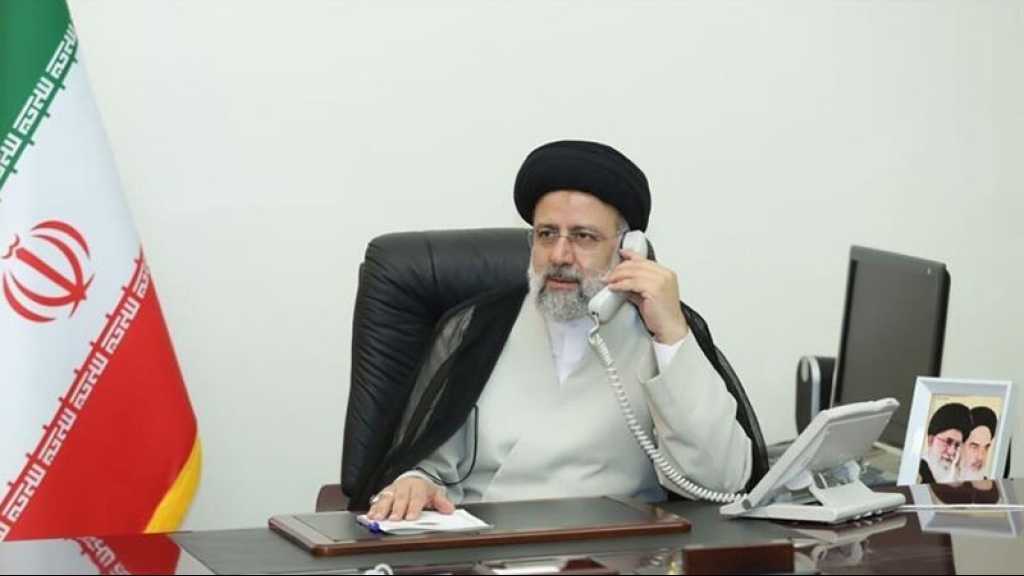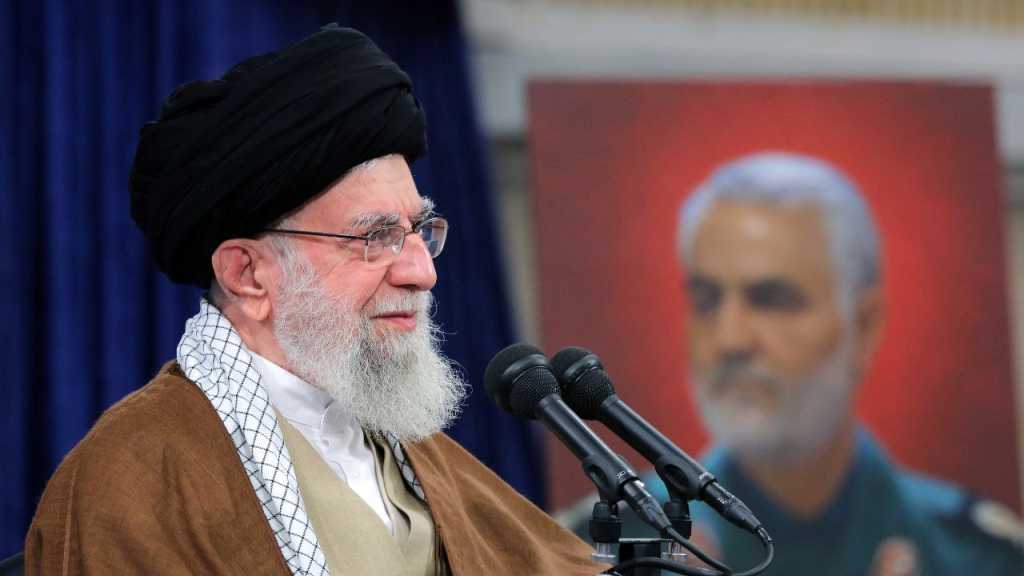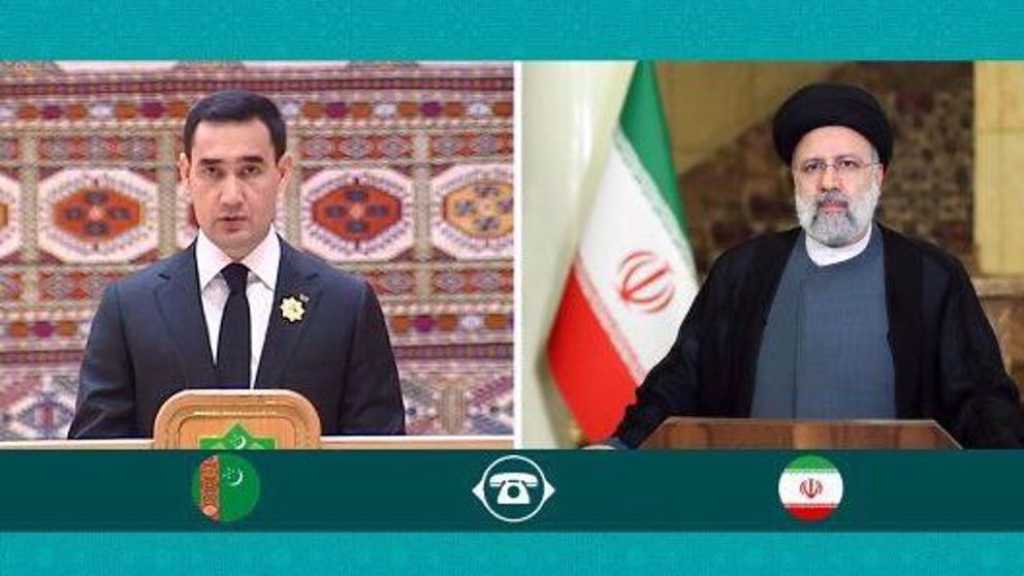
Zarif: US on Collision Course with Int’l Community over Iran Nuke Deal
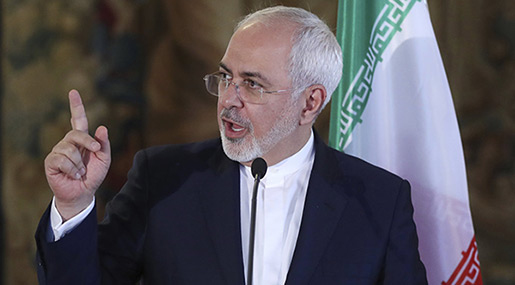
Local Editor
Iranian Foreign Minister Mohammad Javad Zarif stressed that Iran's stance that its 2015 nuclear agreement with world powers is non-negotiable does not put it on a "collision course" with the United States.
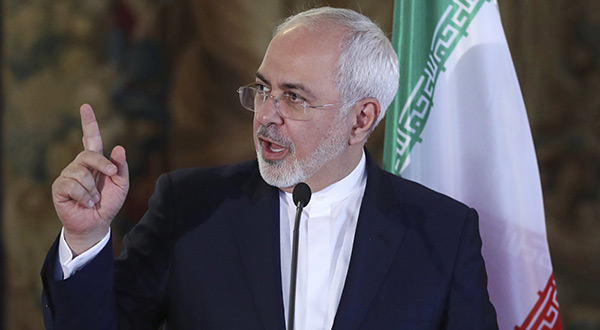
The senior Iranian diplomat made the comments in a late September interview with the American Newsweek magazine, the transcript of which was published on Friday.
In response to a question whether Iran's insistence that the deal is not open to renegotiating would put it on a "collision course" with the US, Zarif said.
The head of the Iranian diplomacy further stated: "We're not putting ourselves on a collision course with anybody... And I believe they are putting themselves on a collision course with the international community."
Zarif's remarks come as US President Donald Trump has repeatedly expressed his strong opposition to the accord and has desperately sought a pretext to scrap or weaken it and get rid of the limits the deal imposes on the US ability to pursue more hostile policies against Iran.
Trump faces an October 15 deadline for certifying that Iran is complying with the accord's terms. He has twice endorsed Tehran's compliance but on Thursday he claimed that Iran had not "lived up to the spirit of the agreement."
Elsewhere in his remarks, the Iranian foreign minister said that it was impossible to renegotiate the JCPOA, saying, "Every aspect of the deal had been fully and repeatedly renegotiated before we reached an agreement. Everybody else who participated in... [it] knows that if we reopen the deal to negotiation, we would be reopening Pandora's box, which would be impossible to close again."
Zarif also lambasted the Trump administration for trying "very explicitly" to prevent Iran from "benefiting" from the nuclear agreement by creating a "tense atmosphere."
Should Washington walk out of the deal, Iran would pursue "options within international law that are available in the agreement," the Iranian foreign minister said.
Zarif further rejected allegations that Tehran was violating the spirit of the nuclear accord by test-firing ballistic missiles, arguing that the missiles are all conventional and defensive in nature and Iran keeps testing them to attain the highest precision, which is not a necessary feature for nuclear-tipped missiles.
"Iran focuses on improving the precision because we want to use these missiles as a means of carrying conventional warheads. We did not agree to anything limiting our defense capabilities for [the] very obvious reason that the United States is sending a lot of weapons to our region," he added.
Source: News Agencies, Edited by website team
Comments
- Related News
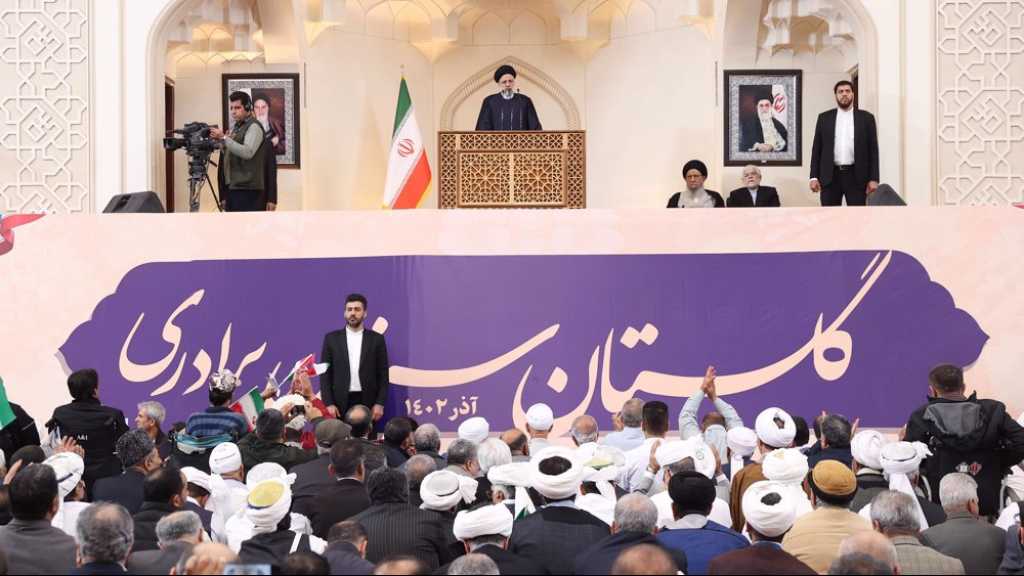
Raisi: Palestinian Resistance Astonished The World
3 months ago